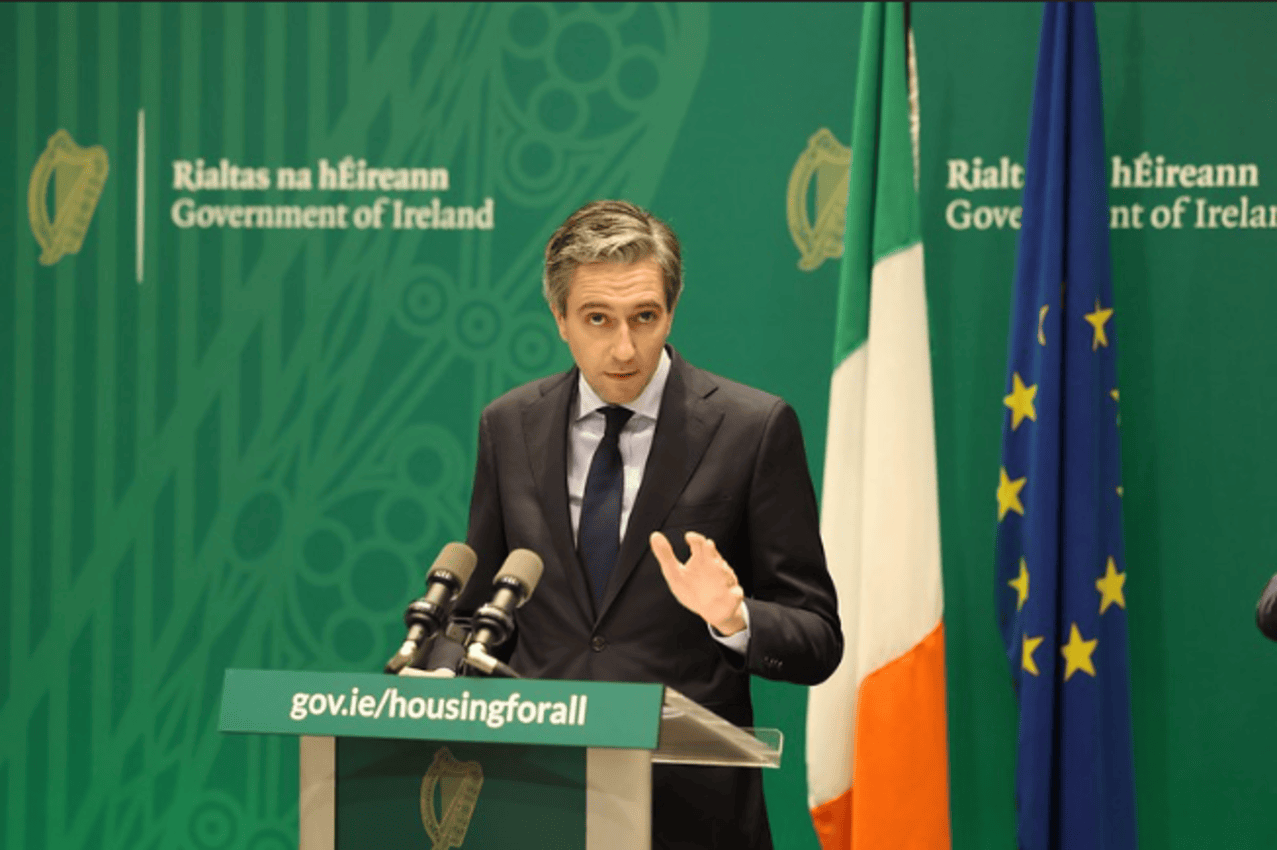In a significant development, the Irish Department of Justice has confirmed that it is currently examining a proposal for Ireland to join a new European intelligence service that aims to rival the United States-dominated Five Eyes network. The proposal follows a report from the European Commission, which suggests the creation of a CIA-style European spy service to bolster the EU’s counterespionage capabilities, particularly in the face of growing threats from Russia and China.
EU Plans to Form a Unified Intelligence Network
This ambitious proposal to establish a European intelligence service follows recommendations made by former Finnish President Sauli Niinistö, who called for greater coordination between European Union member states in countering foreign espionage and protecting the continent’s critical infrastructure from potential sabotage.
According to Niinistö’s report, the EU needs to develop its own coordinated intelligence and counterespionage capabilities to better defend against threats, particularly those emanating from Russia and China. The growing concerns about cyberattacks, foreign influence operations, and espionage from adversarial states have led to calls for the EU to enhance its security framework.
While the exact details of the proposed intelligence service remain under wraps, it is expected to function similarly to the CIA or the US National Security Agency (NSA), with responsibilities ranging from counterintelligence and counterterrorism to the surveillance of foreign agents operating on European soil. The new service would be based in Brussels and operated under the authority of the European Commission.
Ireland’s Potential Role and Shift in Intelligence Policy
Under the proposed framework, Ireland could be asked to play a greater role in the EU’s collective intelligence-sharing operations, marking a major shift in the country’s traditionally neutral stance on security matters. Currently, Ireland operates an intelligence system primarily through the Garda Síochána and its Defence Forces, with limited collaboration in international intelligence networks.
Should Ireland agree to join the new intelligence service, it would likely have to allow for a greater degree of oversight from EU institutions, which could involve sharing information on foreign agents, espionage activities, and cybersecurity threats. This would represent a fundamental change in how Ireland approaches national security, as traditionally, the Republic has maintained a policy of military neutrality and non-alignment in international conflicts.
Implications for Ireland’s Neutrality and Sovereignty
One of the most significant aspects of the proposal is the potential impact on Ireland’s neutrality. As an EU member state, Ireland has long adhered to a policy of military neutrality, refraining from joining military alliances such as NATO and avoiding participation in military operations abroad. The new European intelligence service could blur the lines of this neutrality, as intelligence-sharing with EU members could open Ireland to more involvement in security operations beyond its borders.
Critics of the proposal argue that Ireland’s sovereignty and independence in decision-making could be compromised if the country becomes further entangled in EU-led intelligence and surveillance initiatives. Furthermore, concerns have been raised about the risks of surveillance overreach, the potential erosion of civil liberties, and the impact of greater EU control over sensitive national security matters.
Supporters of the proposal, however, argue that in an increasingly dangerous global environment, Ireland must align with its European neighbors to effectively combat emerging threats. Cybersecurity, terrorism, and hybrid warfare are growing challenges for all European nations, and a coordinated approach could better protect national security across the EU.
Growing Threats from Russia and China
The call for a unified European intelligence service is largely driven by the escalating security threats from Russia and China. The two countries have been accused of engaging in espionage, cyberattacks, and disinformation campaigns against Western democracies in recent years, targeting political institutions, infrastructure, and businesses.
In particular, the European Union has become a focal point for Russian intelligence activities in the wake of the ongoing war in Ukraine. Moscow has ramped up its efforts to influence EU politics and destabilize European economies through a range of tactics, from cyberattacks to espionage. Meanwhile, China has been accused of using economic influence and technology to conduct surveillance and steal intellectual property, particularly in the tech and telecoms sectors.
By creating a European intelligence service, the EU would be better equipped to monitor these activities, protect critical infrastructure, and counter foreign influence. The ability to act swiftly and cohesively in response to these threats is seen as a necessity by many European leaders, including those in Ireland, who are increasingly worried about the broader implications of a geopolitical rivalry between the West, Russia, and China.
Next Steps and Timeline
While the Irish government has confirmed that it is reviewing the proposal, EU member states will need to engage in further discussions to determine the structure, responsibilities, and legal framework for the new intelligence service. Any potential move to join this service would require careful consideration by Irish lawmakers, as it would mark a significant shift in the country’s security and foreign policy approach.
The outcome of these discussions will have major implications for Ireland’s role within the EU and its relationship with major powers like the United States and NATO. The proposal is likely to be a subject of intense debate in the coming months, especially in light of Ireland’s longstanding military neutrality and the possible implications for its sovereignty.
As European leaders continue to address the growing security challenges posed by global powers such as Russia and China, the establishment of a unified European intelligence service could be a pivotal moment for the EU’s future approach to defense and national security.



